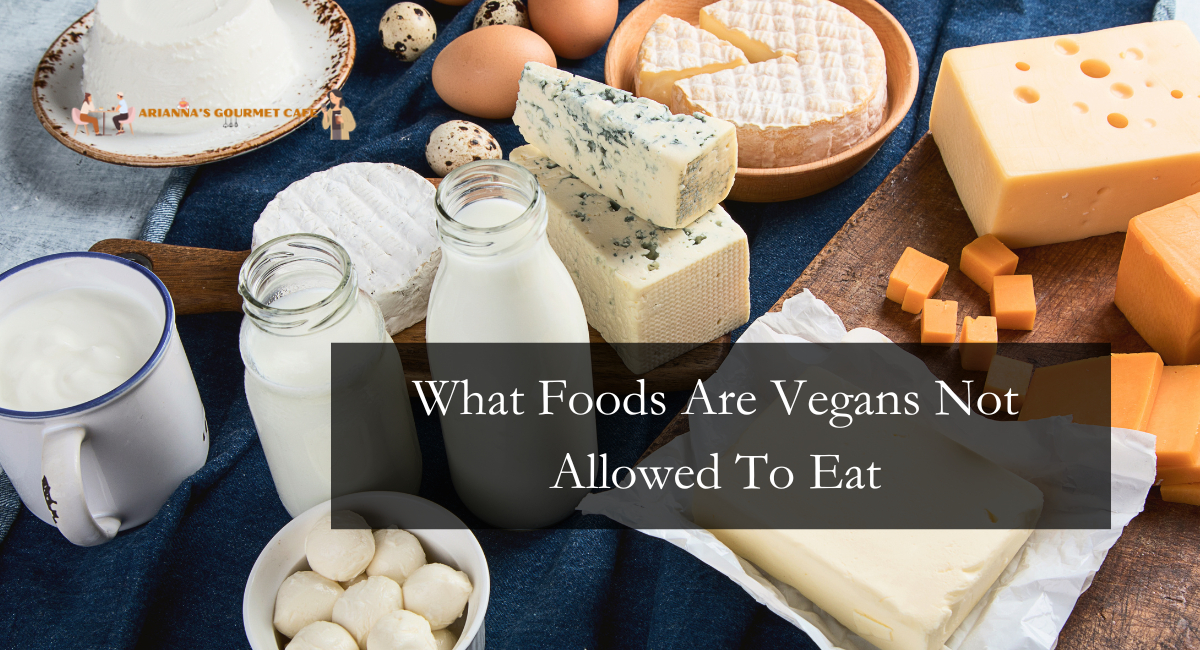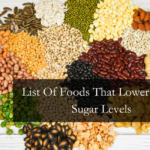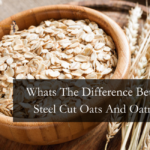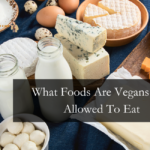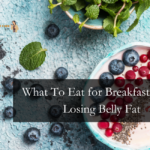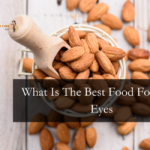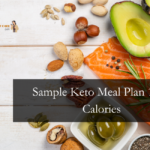Vegans abstain from eating foods derived from or involving the exploitation of animals. This includes animal products such as meat, dairy, eggs, seafood, and honey. Additionally, gelatin, which is derived from animal collagen, and certain additives derived from animals are avoided. Vegans choose plant-based alternatives to construct a compassionate and environmentally sustainable diet. This article, will explain what foods are vegan not allowed to eat.
What does it mean to be vegan?
Adhering to a strict definition of vegan diet standards could be more effective. Veganism is a philosophy, not just a method of consumption. A vegan lifestyle is founded on moral principles that exclude exploiting or harming animals for food, apparel, or other uses.
What Is Vegan Food?
Vegan cuisine excludes all animal products, including meat, dairy, eggs, and honey. It includes a variety of fruits, vegetables, cereals, legumes, nuts, seeds, and alternatives derived from plants, such as tofu and tempeh.
Vegan cuisine emphasizes cruelty-free, environmentally responsible, and compassionate dietary and culinary practices.
Regarding dietary restrictions, veganism prohibits the consumption of meat from any animal and foods produced in any manner, shape, or form by animals. Listed below are some common foods that are not vegan and should be avoided.
Types of Vegans
Four categories of vegans exist:
- Ethical Vegans: Ethical vegans are vegans who oppose cruelty to animals.
- Environmental vegans: These individuals want to live a sustainable lifestyle and minimize their environmental footprint.
- Health Vegans: Vegans seeking a more hygienic and healthful lifestyle
- Religious vegans: These individuals choose to adopt a vegan diet due to their spiritual beliefs.
What Foods Are Vegans Not Allowed To Eat
1. Animal Meat
Vegans abstain from all forms of animal flesh, including beef, pork, lamb, poultry (such as chicken and turkey), game proteins (such as venison), and other animal flesh.
2. Dairy Products
This category includes milk, cheese, yogurt, butter, and cream, as well as any additional goods made from cow, goat, or other mammal milk.
3. Eggs
Vegans abstain from eggs in their whole form, as well as in baked pastries and certain kinds of pasta that contain eggs.
4. Seafood
A vegan diet excludes all types of seafood, shellfish (such as shrimp, crab, and lobster), and other marine animals.
5. Honey
Honey is avoided by many vegans due to the fact that it is produced by bees, and its extraction may involve practices that injure or stress bee colonies.
6. Gelatin
Gelatin is an animal collagen-derived substance that is often used in desserts, gummy chocolates, marshmallows, and other gel-like foods. Herbivores cannot access it.
7. Animal-Based Broths
Animal-based stocks and broths, such as poultry and beef stock, are not included in a vegan diet.
8. Certain Additives
Lard (pig fat) and tallow (beef fat) are animal-derived fats used in various culinary applications. These lipids are avoided by vegans.
9. Certain Alcoholic Beverages
Some culinary additives and colorings, such as carmine (a red coloring derived from insects) and cochineal, are derived from animals.
10. Certain Alcoholic Beverages
Certain alcoholic beverages may use animal-derived fining agents (clarifying agents) such as isinglass (from fish bladders), gelatin, and egg whites in their production. However, there are numerous vegan-friendly alcoholic beverages and vegan alternatives to fining agents.
Benefits
Health Benefits
- Reduced Risk of Chronic Diseases: A vegan diet usually means eating fewer calories, which can help you lose or keep off weight.
- Weight Management: A vegan diet generally makes you eat less, which can help you lose or keep off weight.
- Improved Digestion: The high fiber content of plant-based diets promotes healthy digestion and decreases the risk of digestive problems.
Environmental Benefits
- Reduced Greenhouse Gas Emissions: Plant-based diets have a smaller carbon footprint and cause less climate change than diets that are high in animal goods.
- Conservation of Resources: Producing plant-based goods requires significantly less land, water, and energy than animal agriculture.
- Preservation of Biodiversity: Reducing the demand for animal agriculture can aid in the preservation of ecosystems and fauna.
Ethical Benefits
- Animal Welfare: Vegans choose this lifestyle to minimize animal suffering and exploitation in the food and textile industries.
- Promotion of Compassion: Veganism promotes compassion by emphasizing benevolence and empathetic behavior toward all living things.
Diverse Nutrition
- Rich in Nutrients: A well-planned vegan diet can give you vitamins, minerals, fiber, and enzymes, which are all important nutrients.
- Variety of Foods: Vegans frequently experiment with various plant-based foods, resulting in culinary innovation and varied meal options.
Economic Benefits
- Cost-Efficient: Vegan diets can be cost-effective because plant-based essentials such as grains, legumes, and vegetables are frequently less expensive than animal products.
Reduced Risk Of Foodborne Illness:
- Plant-based diets bear a lower risk of foodborne illnesses, such as salmonella and E. coli, associated with animal products.
Impact Favorable on World Food Supply
- By making more efficient use of resources, a switch to a plant-based diet can aid in addressing global food security concerns.
Thanks for reading.
